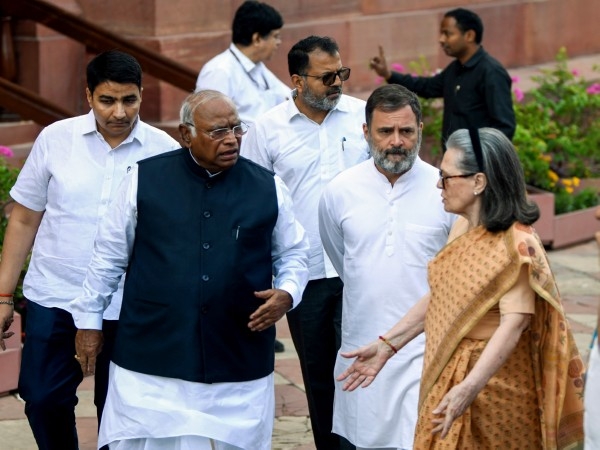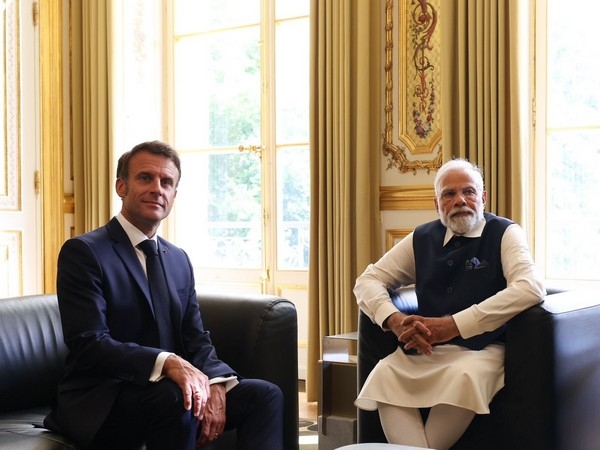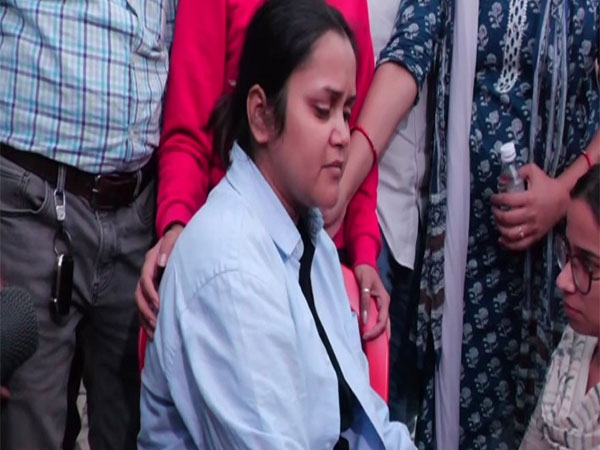Modi govt is working to usher in simultaneous polls across India. Is it a good idea?

Addressing students at Delhi's Rajendra Prasad Sarvodaya Vidyalaya on Teacher's Day, President Pranab Mukherjee argued for conducting Lok Sabha and assembly polls simultaneously. Two days later, Prime Minister Narendra Modi supported the idea, which he had earlier articulated at a BJP meeting in March.
Indeed, the BJP had promised in its 2014 manifesto that it would try to evolve a political consensus on holding polls from the local level to the parliament at one go.
According to sources in the BJP, the prime minister believes that frequent elections "obstruct developmental works" as the code of conduct compels governments to defer important policy decisions.
Also Read: Simultaneous LS & Assembly polls? Surely PM Modi & our MPs are joking
Also, the Modi government believes that simultaneous elections would not only curtail poll expenses, but also reduce the use of black money.
Some estimates suggest that political parties spent over Rs 35,000 crore in the last general election. The government has calculated that the cumulative figure for assembly and local body elections at this rate would exceed Rs 1 lakh crore. This expenditure could come down drastically, the thinking goes, if the system for clubbing together all elections is put into place. In fact, even the Election Commission has hinted that it is not averse to this proposal.
The central government, the sources said, could soon "initiate a process to build political consensus on a constitutional amendment to pave the way for simultaneous polls".
An all party meeting is expected to be called to discuss the issue. "We want to proceed quickly to implement the proposal. The attempt is to conduct the first simultaneous elections in 2019," claimed a senior BJP leader.
The sources also suggested that the government was "seriously considering ways to introduce a constitutional amendment bill and that the law ministry has already been asked to prepare a draft proposal".
To usher in simultaneous elections, changes will have to be effected in the constitution's Article 83 (duration of the chambers of the parliament); Article 85 (sessions of the parliament, their prorogation and dissolution); Article 172 (duration of state legislatures); and Article 174 (sessions of state legislatures, their prorogation and dissolution).
Preparing the blueprint
In the past, several government-appointed committees have deliberated on the possibility of conducting elections simultaneously. The Venkatachaliah Commission had submitted a detailed report on this in 2002. More recently, the Nachiappan Committee recommended simultaneous polls in 2015.
Also Read: EC supports idea of simultaneous elections at Centre and state levels
Putting in place the proposed system, however, won't be easy. For one, it would require extending or reducing tenures of most existing assemblies. Also, what would happen if there is no clear mandate in the Lok Sabha or assembly polls and re-election becomes necessary? Who will administer the country in the event of premature dissolution of the parliament? What if a government is felled by a no confidence motion mid-term?
Faced with these questions, the Nachiappan Committee sought to suggest answer in its report. It mooted the idea of holding elections in two phases; some states could hold the elections simultaneously with the general election, while the rest would go to polls two-and-a-half years thereafter.
So, should the country adopt simultaneous polls? While this system has its benefits, it can have negative consequences as well. In the end, it all comes down to whether the benefits outweigh the ills.
Here are some pros and cons of the proposed system. You can decide for yourself.
Pros
- Simultaneous polls save time and money.
- Policy decisions won't be delayed due to the frequent imposition of the election code of conduct.
- Electoral corruption and black money in politics would be curbed.
- It would pave the way for further electoral reform.
Cons
- The proposal, some people argue, goes against the spirit of the Indian constitution.
- It could weaken the spirit of democracy.
- It would remove the possibility of midterm polls, thereby making elected representatives less accountable.
- Making adequate security arrangements for polls across the country at one go would be quite difficult.
Also Read: Centre wants to make paid news an electoral offence
First published: 4 October 2016, 5:58 IST
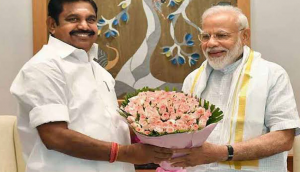
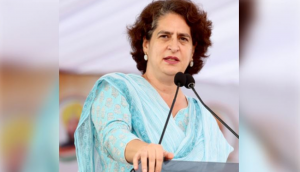
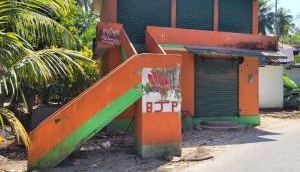
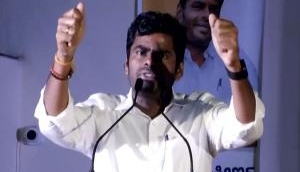
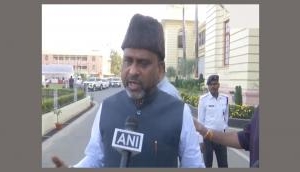
![BJP's Kapil Mishra recreates Shankar Mahadevan’s ‘Breathless’ song to highlight Delhi pollution [WATCH] BJP's Kapil Mishra recreates Shankar Mahadevan’s ‘Breathless’ song to highlight Delhi pollution [WATCH]](https://images.catchnews.com/upload/2022/11/03/kapil-mishra_240884_300x172.png)

![Anupam Kher shares pictures of his toned body on 67th birthday [MUST SEE] Anupam Kher shares pictures of his toned body on 67th birthday [MUST SEE]](https://images.catchnews.com/upload/2022/03/07/Anupam_kher_231145_300x172.jpg)


